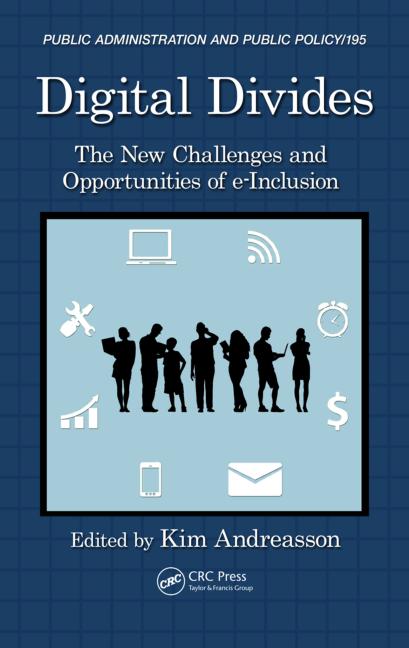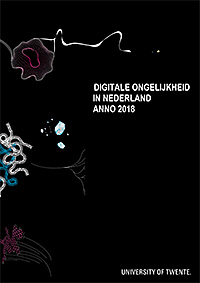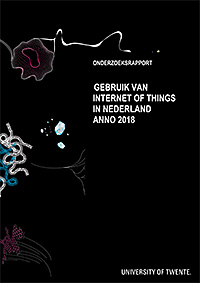Introduction of chapter
Digital inclusion policies have been developed across Europe to improve Internet access and skills so that individuals can fully participate in all aspects of social life. At the same time, a great deal of academic work has been done that has led to a better understanding of who is and who is not digitally literate and, as an assumed consequence, more socially included. However, as the Internet becomes increasingly embedded in everyday life for many people in Europe, research on digital inclusion has been criticized for getting into an “intellectual rut.” There are concerns about the lack of a strong theoretical development of the field and the measures typically used in this research have their limitations, particularly those concerning skills, engagement, and impact of use. In this chapter, we argue that this is reflected in the way European policy and impact evaluation is implemented.
We start with an exploration around how digital skills have been defined in research and policy. This is followed by a review of how researchers have measured digital skills and engagement and what we know about the status quo of digital literacy in Europe through this research. The chapter is derived from recent research and publications by the authors of this chapter, who used the Eurostat (Directorate-General of the European Commission), British World Internet Project, and Dutch national data. These form the basis for the empirical part of the review related to the unequal distribution of digital skills amongst different sociodemographic groups within different European countries. We also discuss how policy formulation and objectives are linked to this debate around definition and measurement and what the current policy landscape in Europe looks like.
Available in:







